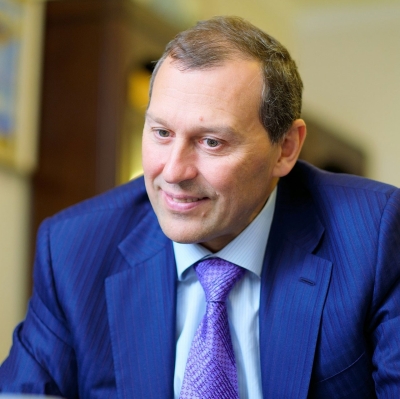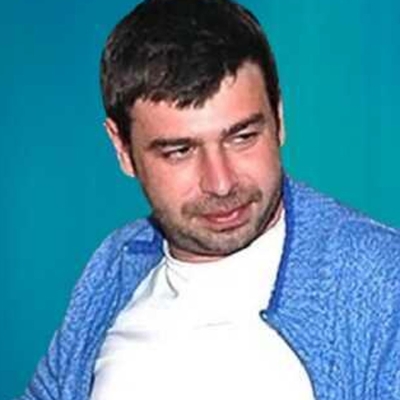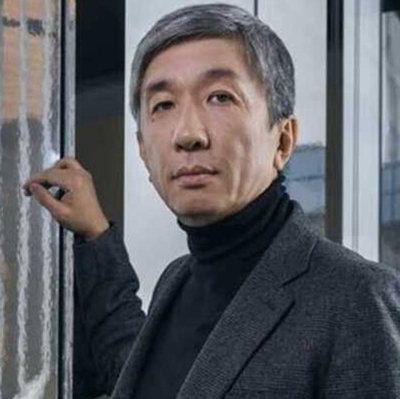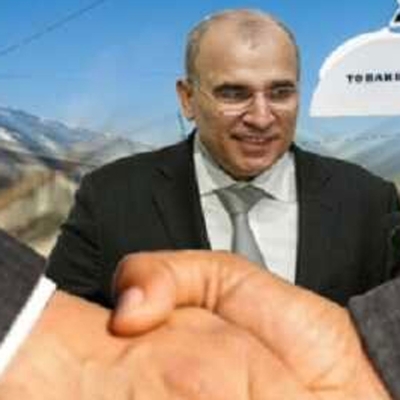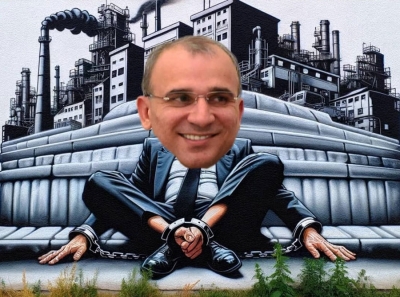What are the lessons from the devastating quakes?
The recovery work after the severe earthquakes in Turkey and Syria continues. Europe’s press comments on the first political repercussions of the disaster and speculates on those yet to come — not only, but also in the Turkish parliamentary and presidential elections scheduled for May.
The Turkish-Greek friendship lives on
Daily Sabah journalist Hakkı Öcal is particularly touched by the deployment of Greek aid workers in the crisis area:
“Perhaps we, the people in Türkiye, have been missing the siblinghood of the people on the other side of the Aegean Sea we thought lost to the ugly politics of Mitsotakis. Perhaps, we have been missing the display of that brotherhood as recently as the era of former Greek Premier Alexis Tsipras. ... There are thousands of brothers and sisters from several countries hunting for survivors in freezing temperatures since the first hours of this disaster that had befallen Türkiye and Syria, but I hope the 420 [Greek] personnel among them are a sign of the brotherhood of the Greek people that politics could not kill. That is the true moment of hope amid the horror.”
A little closer to normalisation
Kathimerini welcomes the decision to send Greek rescuers:
“The so-called earthquake diplomacy has proven to be very powerful in the past. ... Obviously, an earthquake, a natural disaster, no matter how big it is, does not automatically fix all the bad things, nor is it a switch that will turn and completely normalize bilateral relations. It can, however, act as a catalyst to show in practice the real disposition of one country toward the other and, no doubt, it can decompress the accumulated tension in Greek-Turkish relations, which is a source of constant worry.”
Political consequences, please!
For Politiken, voting Erdoğan out of office in May is the logical move:
“There is every indication that Erdoğan has failed miserably in his responsibilities. In his two decades in power, he has done too little to protect citizens from the earthquakes to which Turkey is so prone. ... From Turkey’s point of view, one can hope that the earthquake will result in political changes in the country — preferably towards more democracy and liberalism, in contrast to Erdoğan’s increasingly autocratic form of government. The presidential elections are three months away. A defeat or at least a big loss of votes for Turkey’s strongman would be good for Turkey and for Europe.”
Erdoğan likely to postpone elections
The Turkish president will make sure he doesn’t have to face voters in the midst of a crisis for which many believe he is responsible, The Economist suspects:
“Erdogan faces an election in May that was already going to be tough for him, thanks to a floundering economy and an inflation rate driven to over 50% by his foolish monetary policies. Voters will note his response to the earthquake, and ask why his government did not do more to prepare for such a disaster after the tremor of 1999. He knows it: government prosecutors have already launched investigations into two journalists for criticising the state’s response. ... He might now postpone the elections.”
Time to build better
A risk analysis has shown that a severe earthquake in Bucharest could claim more than 6,500 lives. More than 2,400 buildings are considered at risk of collapse. Adevărul columnist Ștefan Vlaston comments:
“The images from Turkey show us something. That some buildings remained standing despite the earthquake, surrounded by countless collapsed buildings. What made the difference? A building design that followed the requirements of earthquake protection. The others, most of them, contributed to the deaths of thousands, perhaps tens of thousands of people. All those people trusted the Turkish authorities to do their job, which is paid for with taxpayers’ money. Turkey, like Romania, has experience when it comes to the effects of earthquakes. Both have learned nothing.”
Just deserts for corrupt building policy
Erdoğan shares responsibility for this disaster, Naftemporiki points out:
“He came to power 20 years ago, after another major earthquake in 1999 which killed 18,000 people. In those 20 years, his government has failed to prepare the country for another such an earthquake. After the devastating 1999 earthquake, an ‘anti-earthquake tax’ was introduced to make new public buildings in vulnerable areas earthquake-proof [among other measures]. ... Instead, the money has been directed elsewhere, as the opposition denounces. The people’s money has been wasted. Large construction companies with links to the state and the ruling party were contracted to construct these buildings but failed to comply with earthquake protection regulations.”
Pressure could lead to effective measures
The disaster poses a risk for Erdoğan, but that could also be a good thing, Magyar Narancs believes:
“The issue of responsibility will become an important component of the presidential election campaign, and not without reason: the illiberal and authoritarian Erdoğan regime, including its expert apparatus, has done little to mitigate the consequences of earthquakes. .... This could motivate the Turkish authorities to act quickly now. They cannot afford to abandon one of the largest peripheral regions of the country and its population, which is largely of Kurdish origin and therefore considered prone to rebellion.”
Turning point in Turkish politics unlikely
Erdoğan still has every chance of surviving this crisis too, says Deník N:
“The country is plagued by inflation of over fifty percent, and wages are not keeping up with the price increases. In reaction to the economic crisis, Erdoğan announced a massive aid package that could help him win back some voters. In response to the earthquake, he has promised another financial aid package. ... If Erdoğan manages to drown out criticism with grand gestures and continued aid, he will be able to maintain his reputation as a capable leader ahead of the election. So far, there is nothing to suggest that the current situation will break his most loyal core of voters.”
Postpone the election campaign for now
The opposition is accusing the government of failure because the aid has reached the disaster area too late and is inadequate. Political unity must be the top priority now, warns the pro-government daily Yeni Şafak:
“Before the earthquake there was an increasingly heated election campaign in Turkey. That is normal. But now we are in a special situation and everyone must show our country and the world that we stand united. The political debates can come later. Making the disaster a part of this showdown, and in particular seeing it as an opportunity, will only hurt our country and our nation. Our people will not like this situation being exploited in this way.”


